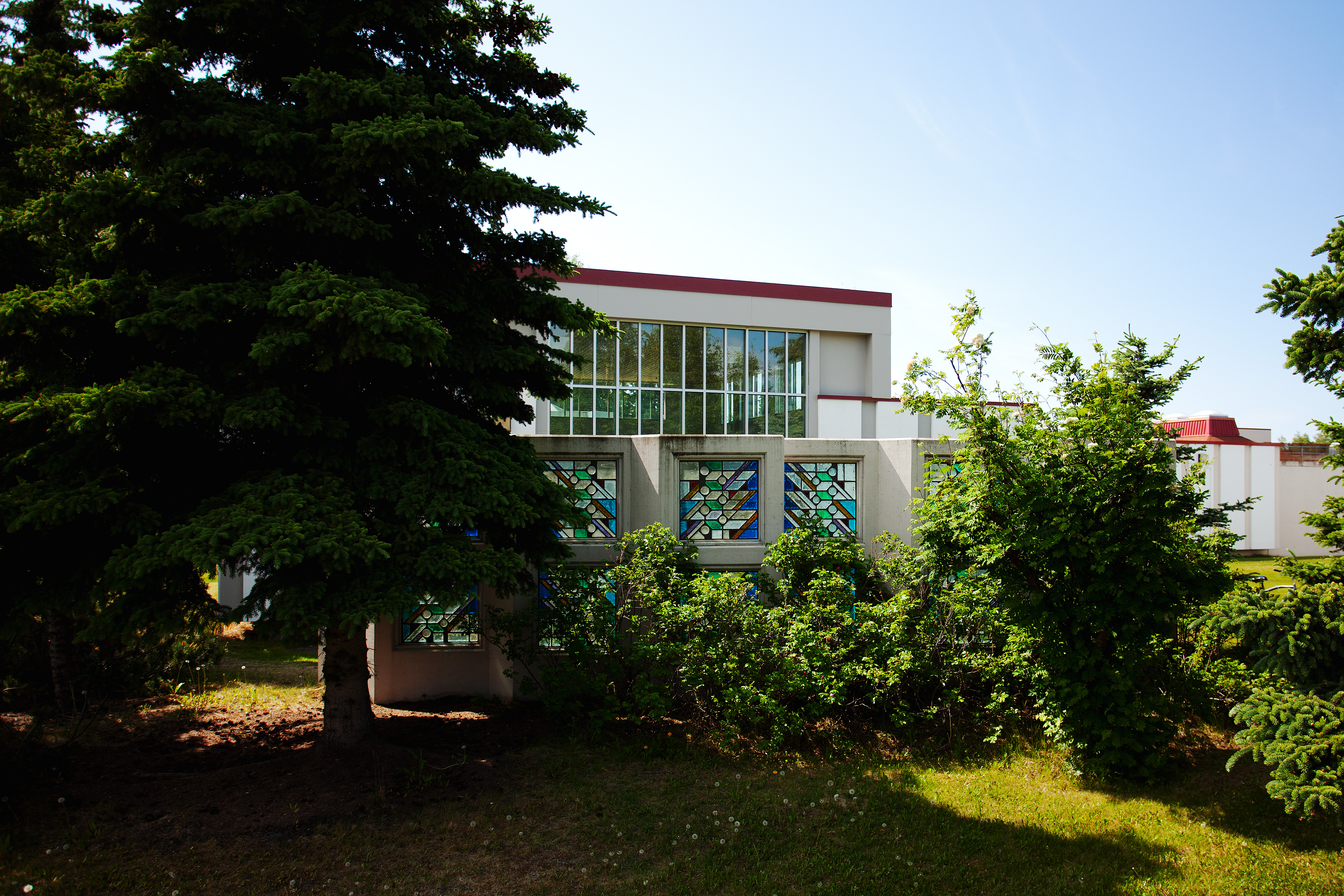McLaughlin Youth Center

During the last couple of years, several McLaughlin Youth Center living units have been reorganized or combined to improve services and increase efficiency.
The following breakdown outlines the current name, number of rooms and the target populations of at-risk youth each program serves.
Cottages
Transitional Services Unit
This unit consists of probation and facility staff. The program participation is based on the need of juveniles who are in a transitional period. The McLaughlin Transitional Services Unit programs are designed to ensure each youth leaves the institution with an individualized reentry plan identifying the skills and strengths obtained while in treatment, and the support services required for a successful reintegration into the community. Intensive supervision and support, along with graduated responses are the key components in the facilitation of the youth’s individualized reentry plan. Through community partners, MYC TSU brokers the necessary services for community reentry with the key component being the utilization of these services while the youth is still in long term treatment. Prior to release, youth participate in multiple reintegration activities designed to allow the youth to apply the skills and strengths obtained while in treatment. These reintegration activities include participation in groups such as Applied Life Skills, Employment preparation, building/maintaining positive successful relationships and vocational training. MYC TSU is also tasked with the facilitation of the MYC Volunteer program and Workforce Investment Act vocational training program, both having a positive and significant impact on service delivery to youth in preparing them for a return to their community.
Boys Treatment Unit
The MYC Boys Treatment Unit (BTU) can house up to 20 youth. Boy’s Treatment Unit works with adolescent males that are able to maintain appropriate behaviors and progress in treatment, in a secure but less structured setting. This unit provides trauma informed cognitive-behavioral treatment to build individual skills. Youth are provided skills to assist in prevention of re-offense once re-integrated into their communities. Areas of treatment include anger management substance abuse, victim impact, denial education, life skills, boundaries/relationship, and self-esteem among others. Youth work on their education and are provided vocational opportunities, when appropriate. Mental Health Clinicians provide additional support. The resident also have the opportunity to participate in community work service as well as recreation l activities. Additionally, youth participate in transitional services as they approach re-entry to the community whenever appropriate, with the Transitional Service Unit.
Core Cognitive Restructuring Unit
The MYC Core Cognitive Restructuring Unit (CCR) can house up to 20 youth. Core Cognitive Restructuring provides treatment to male juveniles who have been adjudicated for sexual offenses, or non-sex offenses with significant inappropriate sexual behaviors in their histories. The unit provides treatment that is trauma informed and based upon a relapse prevention model educating young offenders in the strategies and skills they will need in the community to remain offense free. Areas of treatment include thinking errors, assault cycle, victim-impact, boundaries/relationships, denial education, empathy development among others. Additionally, community work service and recreation opportunities are provided. Mental Health Clinicians assist in providing additional support and family counseling when appropriate. Youth attend school and/or are afforded vocational opportunities. Additionally, youth participate in transitional services as they approach re-entry to the community whenever appropriate, with the Transitional Service Unit.
Secure Units
Detention Court Unit
This unit is utilized as the Court Unit. Court meets Monday, Tuesday, Thursday, and Friday from 1:30 PM and on Wednesdays from noon to when the last case is completed. If there is a disposition hearing downtown, staff will escort juveniles for those cases. This area also has a conference room used for Review Board, and also an extra training/meeting room.
Boys Detention Unit (BDU) & Girls Detention Unit (GDU)
BDU has a capacity of 25 male juveniles while GDU has a capacity of 10. These units serve juveniles who have not yet been adjudicated on their charges. Even though the main function is a detention unit, BDU holds many staff led activities and educational groups to include, anger management, stress reduction, substance abuse, and healthy life skills. Specific to GDU, the evidence based program, Trauma Informed Effective Reinforcement System (TIERS), has been implemented as an effective alternative to compliance-focused behavior management.
Secure Treatment Unit
The Secure Treatment Unit (STX) can house up to 20 male juveniles. Secure Treatment Unit is more structured environment for youth that may not succeed in lesser restrictive secure settings. Youth in this unit may have significant mental health diagnosis, as well as behavior/anger issues, or pose security concerns. The treatment approach is trauma informed and cognitive behavioral based; taking into account mental health needs, cognitive development, and/or conduct disorder issues. Areas of treatment include anger management, substance abuse, denial education, victim empathy, life/social skills, and thinking errors among others. The youth attend school and/or are afforded vocational opportunities. Mental Health Clinicians provide additional support and counseling. The youth participate in on-center recreational opportunities. If a youth shows significant progress in treatment they may be considered for transfer to a less restrictive secure setting. Additionally, youth participate in transitional services as they approach re-entry to the community whenever appropriate, with the Transitional Service Unit.
About MYC